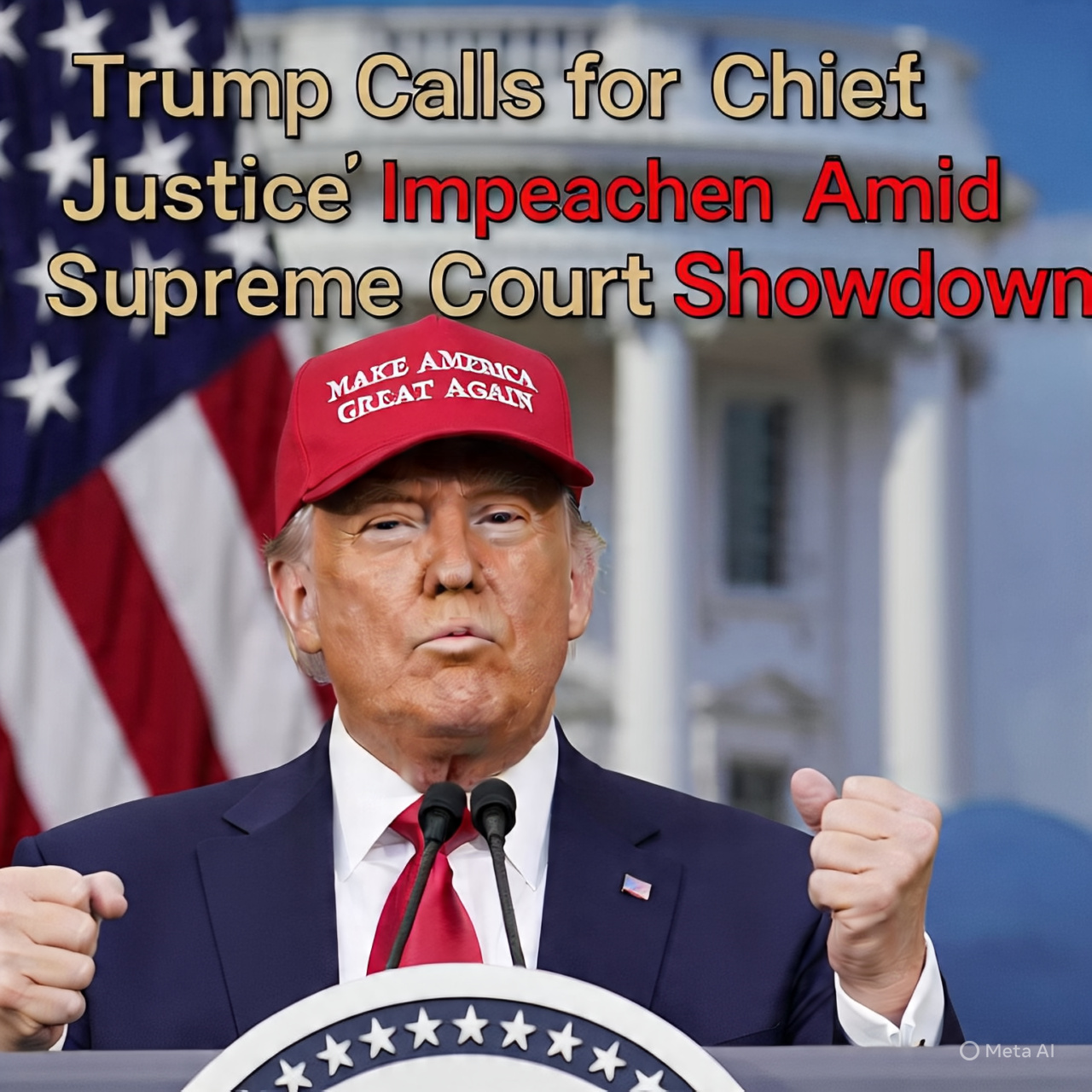Trump Escalates Attacks on Judiciary, Calls for Chief Justice Roberts’ Impeachment Amid Deportation Ruling
In a dramatic escalation of tensions between the executive and judicial branches, former President Donald Trump has called for the impeachment of Chief Justice John Roberts, labeling him a “disgrace” and accusing the Supreme Court of devolving into a “circus” under his leadership. This outburst follows the Court’s recent decision to block the administration’s expedited deportations of Venezuelan nationals under the 1798 Alien Enemies Act, citing due process violations.
Trump’s Critique of the Judiciary
President Trump’s criticism centers on the Supreme Court’s 7-2 ruling, which emphasized the necessity of due process, mandating that detainees receive adequate notice and the opportunity to contest their deportations. Trump responded by asserting that “The Courts, including the Supreme Court, don’t order the President around, obviously,” reflecting his ongoing contention that the executive branch holds supremacy in matters of national security and immigration enforcement.
Chief Justice Roberts’ Response
Chief Justice John Roberts issued a rare public statement rebuking Trump’s calls for impeachment. He emphasized that “For more than two centuries, it has been established that impeachment is not an appropriate response to disagreement concerning a judicial decision. The normal appellate review process exists for that purpose.” Roberts’ statement underscores the judiciary’s role as a co-equal branch of government and the importance of maintaining judicial independence.(Al Jazeera, American Bar Association)
Legal Community’s Reaction
The American Bar Association (ABA) and other legal experts have expressed concern over Trump’s rhetoric. The ABA stated, “Targeting judges personally or threatening to remove them because they rule a certain way has never been acceptable. Such efforts are intended to intimidate judges and our courts and weaken public trust and confidence in our judicial system.” Legal scholars warn that such attacks on the judiciary could erode the rule of law and set a dangerous precedent.(American Bar Association)
Historical Context of Judicial Impeachment
Impeachment of federal judges is exceedingly rare and requires significant congressional support. Historically, impeachment has been reserved for instances of serious misconduct, not for disagreements over judicial decisions. Legal experts note that using impeachment as a tool to challenge unfavorable rulings threatens the balance of powers established in the U.S. Constitution.(The Washington Post, The Guardian)
Implications for Judicial Independence
Trump’s calls for impeachment and his broader attacks on the judiciary raise concerns about the erosion of judicial independence. Legal analysts argue that such actions could undermine public confidence in the courts and the principle of checks and balances. The judiciary’s ability to operate free from political pressure is fundamental to the functioning of American democracy.
Conclusion
The escalating conflict between former President Trump and the judiciary, particularly Chief Justice Roberts, highlights the fragility of the separation of powers in the United States. As the nation grapples with these tensions, the importance of upholding judicial independence and the rule of law remains paramount.

